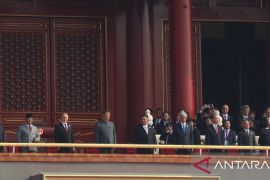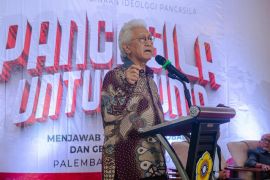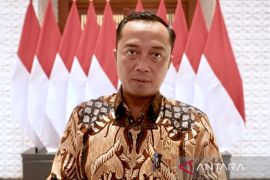Officials acknowledge that microblogs are useful as an outlet for critical public opinion, but have repeatedly accused them of spreading what they call unfounded rumours and vulgarities. They have issued warnings that online content must be acceptable to the ruling Communist Party.
The Beijing city government said in December it would tighten control over microblogs, which have vexed authorities with rapid dissemination of news. The government said it would give users three months to register with their real names or face legal consequences. Other major cities followed suit.
"Currently, this type of registration is being tested in Beijing, Shanghai, Tianjin, Guangzhou, and Shenzhen, and we will extend it to other areas once the pilot programmes prove successful," Wang Chen, minister in charge of the State Council Information Office (SCIO), told reporters in Beijing.
A unit of the SCIO, the State Internet Information Office, is the main agency responsible for regulating the Internet.
Wang said name verification will be standard for new users of microblogs, such as Sina`s Weibo, which allow users to issue short messages of opinion -- a maximum of 140 Chinese characters -- that can course through chains of followers who receive messages instantly.
Existing users will be required to register later, he said.
"Microblogs on one hand can reflect the social situation and public opinion, and broadcast a positive public voice," Wang said.
"At the same time, microblogs ... can make it easy to disseminate a few irrational voices, negative public opinion and harmful information," he said, noting that they possess "strong capabilities for social mobilisation".
China has more than 300 million registered microbloggers, although many people have more than one account.
Authorities already block foreign social media sites such as Twitter and Facebook as well as Youtube, fearing the uncensored sharing of images and information could cause instability and harm national security.
Editor: Ella Syafputri
Copyright © ANTARA 2012









